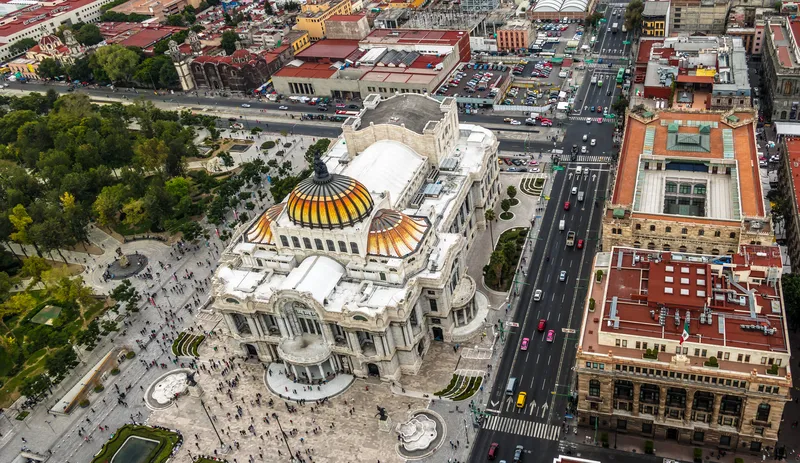
This week's sixth edition of Intertraffic Mexico has a significant emphasis on road safety.
Held from 8-10 November at the Citibanamex Center in Mexico City, it will look at the scope of the country's new General Law on Mobility and Road Safety, as well as highlighting some key infrastructure works.
The country's municipalities and cities face the challenge of safer and more sustainable mobility, in order to prevent traffic accidents and save lives through urban planning, strengthening mobility infrastructure - including for active travel - plus electro mobility, multimodal transportation and the adoption of ITS.
There is a problem, says Arturo Cervantes, president of the National Alliance for Road Safety (Anasevi) - which co-organised Intertraffic Mexico's conference programme, because Mexico ranks last among OECD countries in terms of mobility and road safety, with 30 years of lag. Every year in the country there are more than 17,000 deaths caused by road accidents, with a balance of more than 170,000 injured people.
"It is a true pandemic due to the lack of safe mobility," Cervantes says. The challenge is to reduce this figure by 50% in order to meet the objectives of the Second Decade of Action for Road Safety 2021-2030 of the United Nations.
Nicolás Rosales, president of the Mexican Association of Transportation and Mobility (AMTM), says another major challenge is to reduce polluting gas emissions by 22% by 2030, as well as to guarantee access to sustainable and safe transportation systems that will reduce the number of traffic incidents.
José Azcárate, president of ITS Mexico, said Intertraffic Mexico 2022 will be an opportunity for national and international companies, as well as public and private institutions, to share their knowledge, technology and solutions on smart and safe mobility.
"The event marks a before and after in terms of smart mobility. Since Intertraffic kicked off in Mexico in 2016, we have put on the table the most important issues to drive more accessible, safe and sustainable mobility in Mexico and Latin America," commented Laura Barrera, director of Intertraffic Mexico, Tarsus Mexico.
The three-day event is aimed at professionals in the field of electromobility, infrastructure and road safety, traffic management, parking; as well as government entities (federal, state and municipal), SICT, Capufe, Banobras, public transport (Metro, Bus and BTR -Metrobus), road concessionaires and maintenance companies, construction and engineering companies, shopping mall developers, parking operators, automotive industry, integrators and distributors.
Among the main themes will be the influence of artificial intelligence, electric vehicles, connectivity and Big Data, investment funds and best practices.
In addition, the Intertraffic Latam Awards will be presented during the show.







